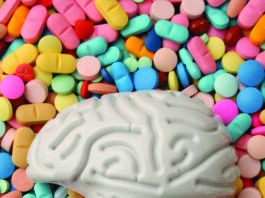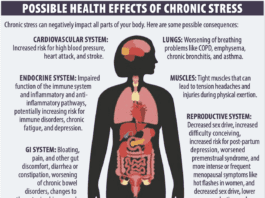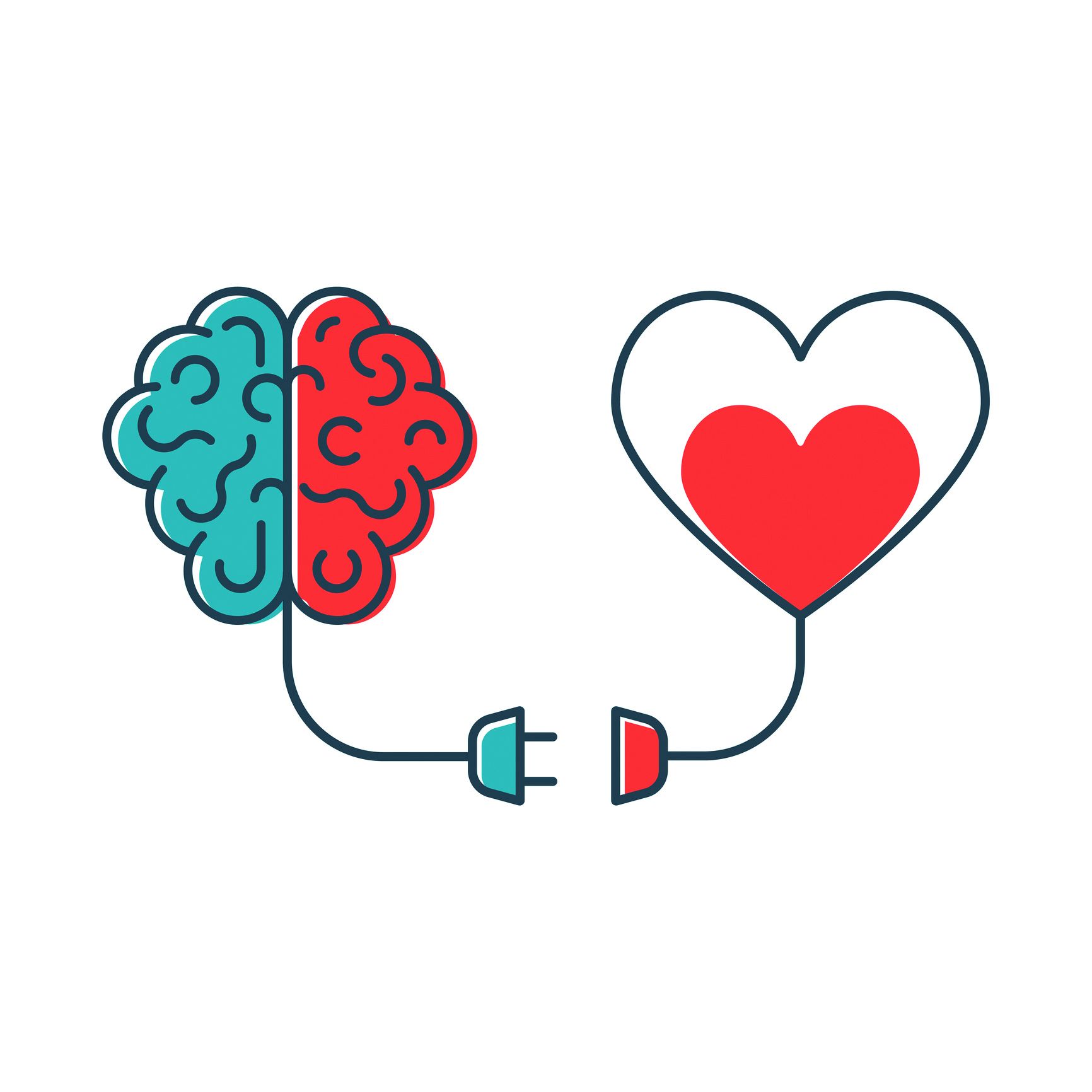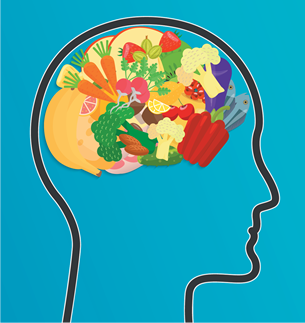Is it Dementia, or Aging?
When are lapses in memory a cause for concern, and when are they simply a frustrating inconvenience? If you have noticed changes in the...
Lifestyle and Dementia: What You Can Do
While life-altering cognitive decline is not always a part of aging, one in three people is likely to have some form of dementia by...
Meditation: Yes, it Can Work for You
Meditation is a way to calm and focus the mind. Research suggests various kinds of meditation may help relieve stress, anxiety, depression, and sleep...
Dietary Intake May Help Protect your Brain
Results of a recently-published study suggest what we eat may help protect our brains from iron accumulation and associated cognitive decline.
Researchers assessed the nutrient...
Eating Your Fruits and Veggies is Linked to Preserved Cognitive Health
A study that followed over 77,000 U.S. women and men for 20 to 22 years found higher intake of dietary flavonoids from foods was...
Getting Enough Sleep May Help Prevent Dementia
A new study found that, compared to getting seven hours of sleep a night, routinely getting six or less hours was associated with a...
Diet and Your Brain
Many of us have had moments when a name or word is frustratingly out of reach, or something is not where we’re sure we...
Your Heart Health is Tied to Psychological Well-Being
The American Heart Association has released a scientific statement addressing how psychological health can contribute to cardiovascular disease (CVD). Their analysis of science to...
Get moving to help combat depression and anxiety
As the world copes with the social isolation and fear created by the COVID-19 pandemic, depression and anxiety are on the rise. A new...
An Apple a Day May Keep Dementia Away
A recently published study conducted by Tufts researchers suggested a diet rich in fruits and vegetables (especially flavonoid-rich choices like apples, pears, berries, and...






































